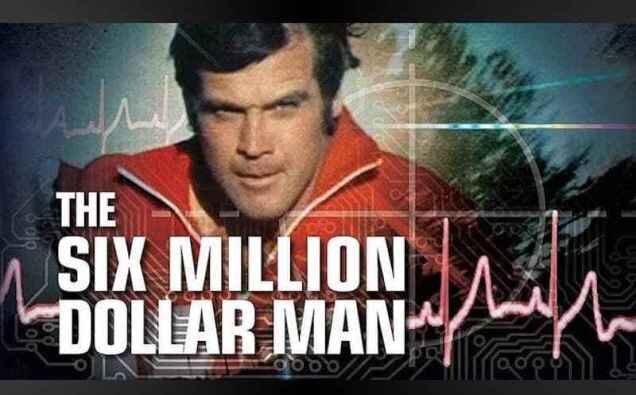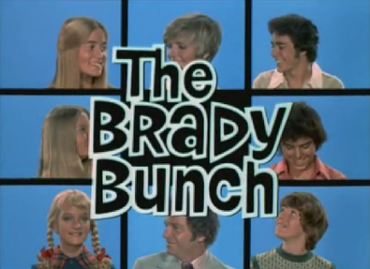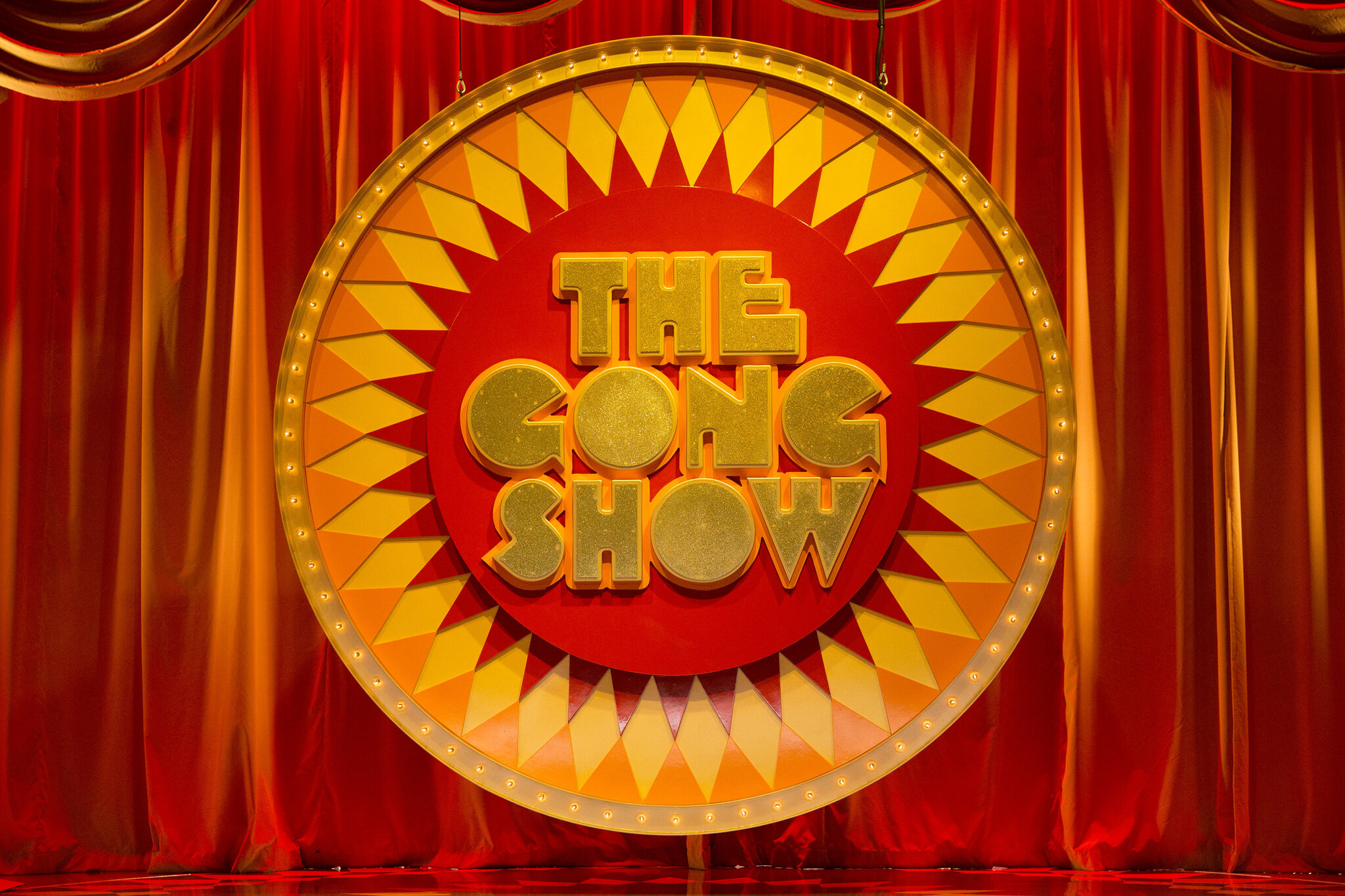"NETWORK" -- STILL MAD AS HELL
OSCAR NIGHT — MARCH 28, 1977 — Amidst all the glitter and glam, Hollywood’s reigning stars -- Warren Beatty, Faye Dunaway -- and aging icons -- William Holden, Bette Davis -- gather at L.A.'s Dorothy Chandler Pavilion. Five films are up for Best Picture but only one — "Network" — had spawned a modern mantra.
All together now: "I'M MAD AS HELL AND I'M NOT GOING TO TAKE THIS ANYMORE!
But "Network" is not about anger. It's about "television, dummy." And about how television feeds off your anger.
Paddy Chayefsky, the short, squat son of Ukrainian immigrants, was an unlikely candidate to satirize TV. During the 1950s, his teleplay "Marty," about a middle-aged butcher in love, made him one of TV's promising young writers. But Chayefsky came to loathe what TV was doing to America.
"It totally desensitizes us to viciousness, brutality, murder, death," Chayefsky said, "We've lost our sense of shock, our sense of humanity." TV had become “an indestructible and terrifying giant.”
For years, Chayefsky toyed with a movie about TV. Then in 1974, during the summer of Watergate, he was watching the news.
"Jesus, how can these guys live with themselves?" he wondered. "How can they deliver this garbage without becoming physically ill?" The next day he called a friend, NBC anchor John Chancellor, and asked if an anchorman might go crazy on camera. Chancellor said the possibility existed "every day." Within a week, Chayefsky had a draft of "Network" and by fall, he was lurking around network offices to see how television was made. He was appalled.
Sitting in on meetings at CBS and NBC, Chayefsky tuned into "the politics, the power struggles, the obsession with ratings." TV execs, he noticed, did not watch much TV. "The programs they put on 'had to' be bad," he said, "had to be something they wouldn't watch. Imagine having to work like that all your life."
Back at his typewriter, Chayefsky imagined a fourth network -- the Union Broadcasting System -- UBS. He had fun writing an evening lineup: "Celebrity Mahjong," "The Young Shysters,." But Chayefsky himself was mad -- mad at TV's "whorehouse" ethics, mad at the "maniacs" who watch night after night. Small wonder that "mad as hell" became his movie’s mantra. But why has it become an American mantra?
Since 2010, "Mad as Hell" has titled a half-dozen books. "Mad as Hell" now headlines articles on everything from Brexit voters to presidential campaigns. Rage has become all the rage.
But Americans did not get mad on their own. Instead, as "mad prophet of the airwaves" Howard Beale tells them, TV news numbs viewers. A wide-eyed Beale grips the podium:
The fun in chanting "mad as hell" masked Chayefsky's ominous message -- that TV can make people mad. “Howard Beale is a precursor of people who are telling you how you feel," Stephen Colbert noted.
"Network" did not predict populist anger -- it predicted a network realizing that anger sells. And like UBS, today's networks stoke the embers of discontent. Psychological studies show that TV images of anger last longer in memory than images of fear -- 2nd place -- or disgust, a distant third. But you don't have to be a psychologist to know that, just a news director, eager to package and sell raw outrage. This, too, Chayefsky predicted.
America, Beale laments, is "in a lot of trouble." UBS has just been bought by a huge corporation. And "when the twelfth largest company in the world controls the most awesome goddamn propaganda force in the whole godless world, who knows what SHIT will be peddled for truth on this network?”
The Best Picture Oscar in 1977 went to "Rocky." Paddy Chayefsky won the Oscar for Best Screenplay. Four years later, at 58, he died of cancer. His last message to his wife was "I tried. I really tried." His message to an angry America remains the words of Howard Beale:
So turn off your television sets! Turn them off and leave them off! Turn them off right in the middle of this sentence I'm speaking to you now! Turn them OFF --
Beale collapses. Music blares. The audience bursts into applause. Cut to the corporate board room...
















